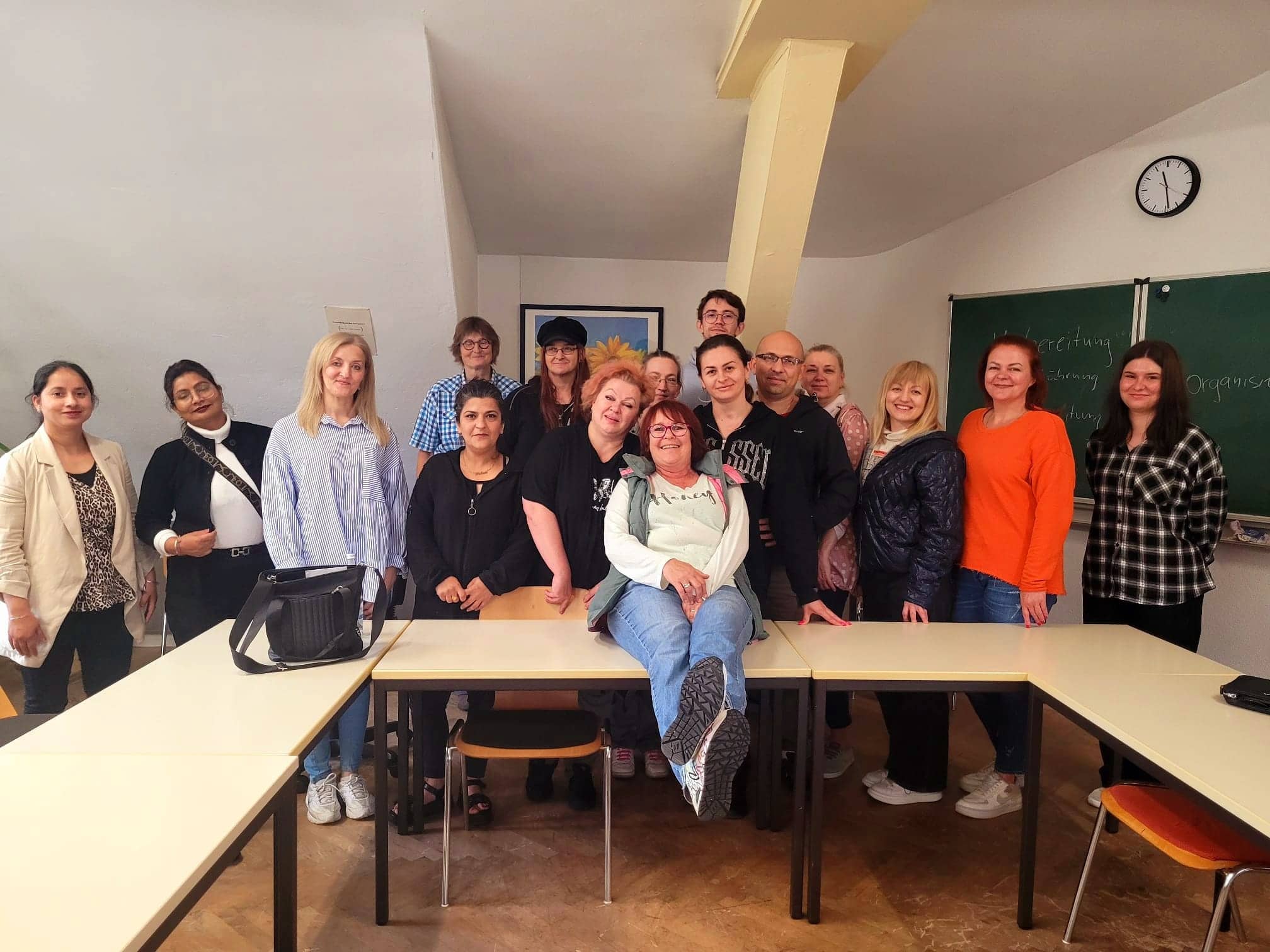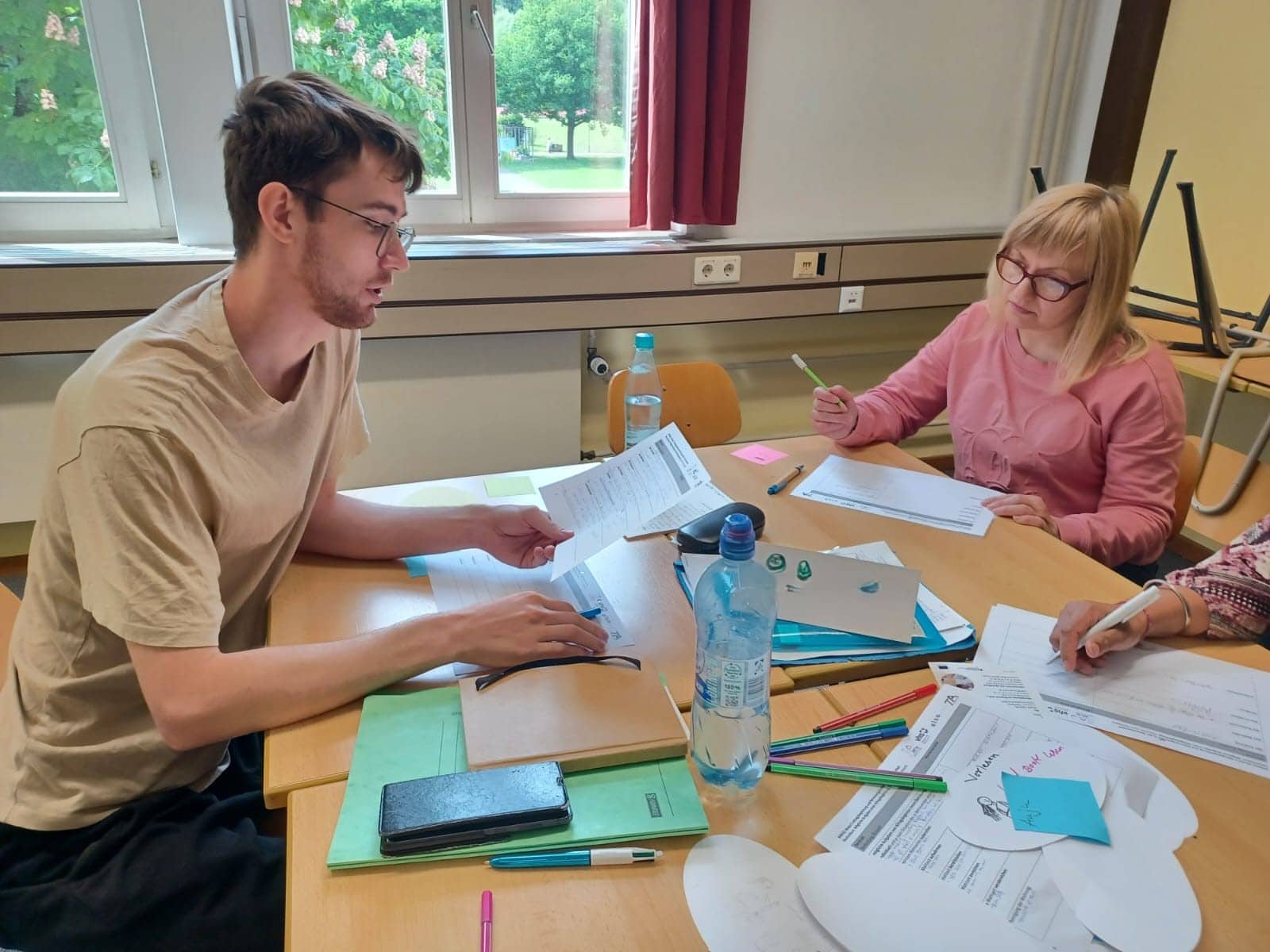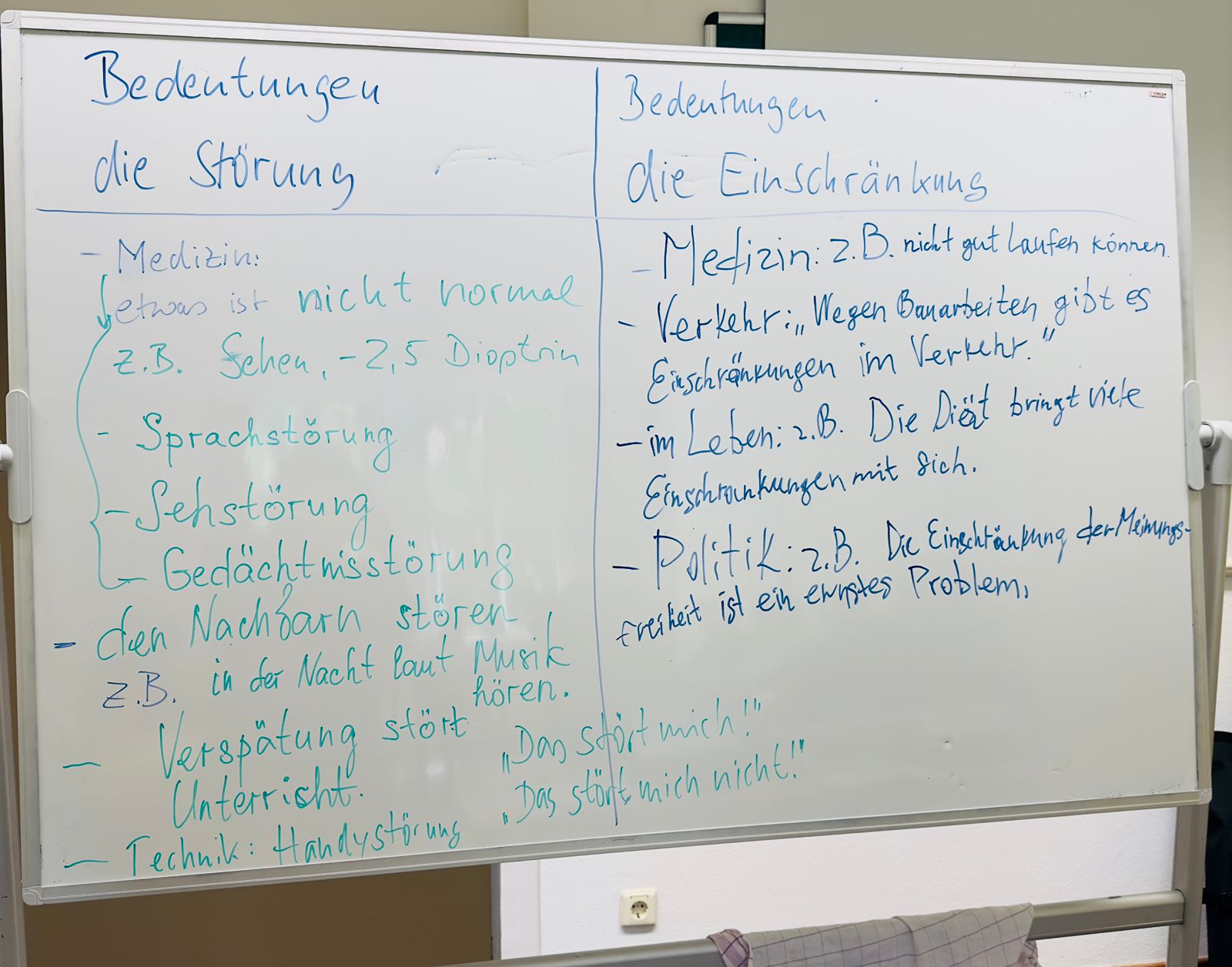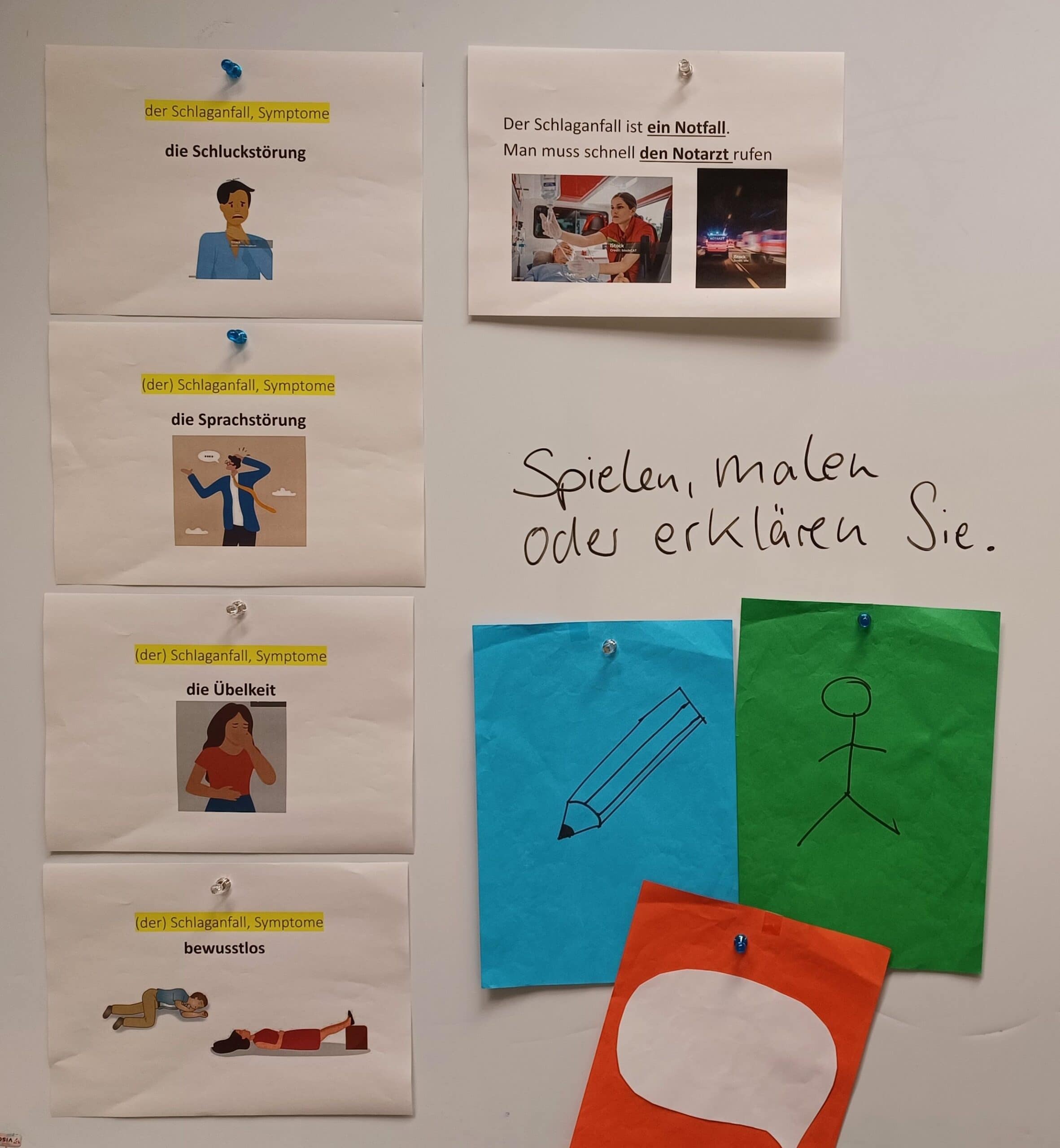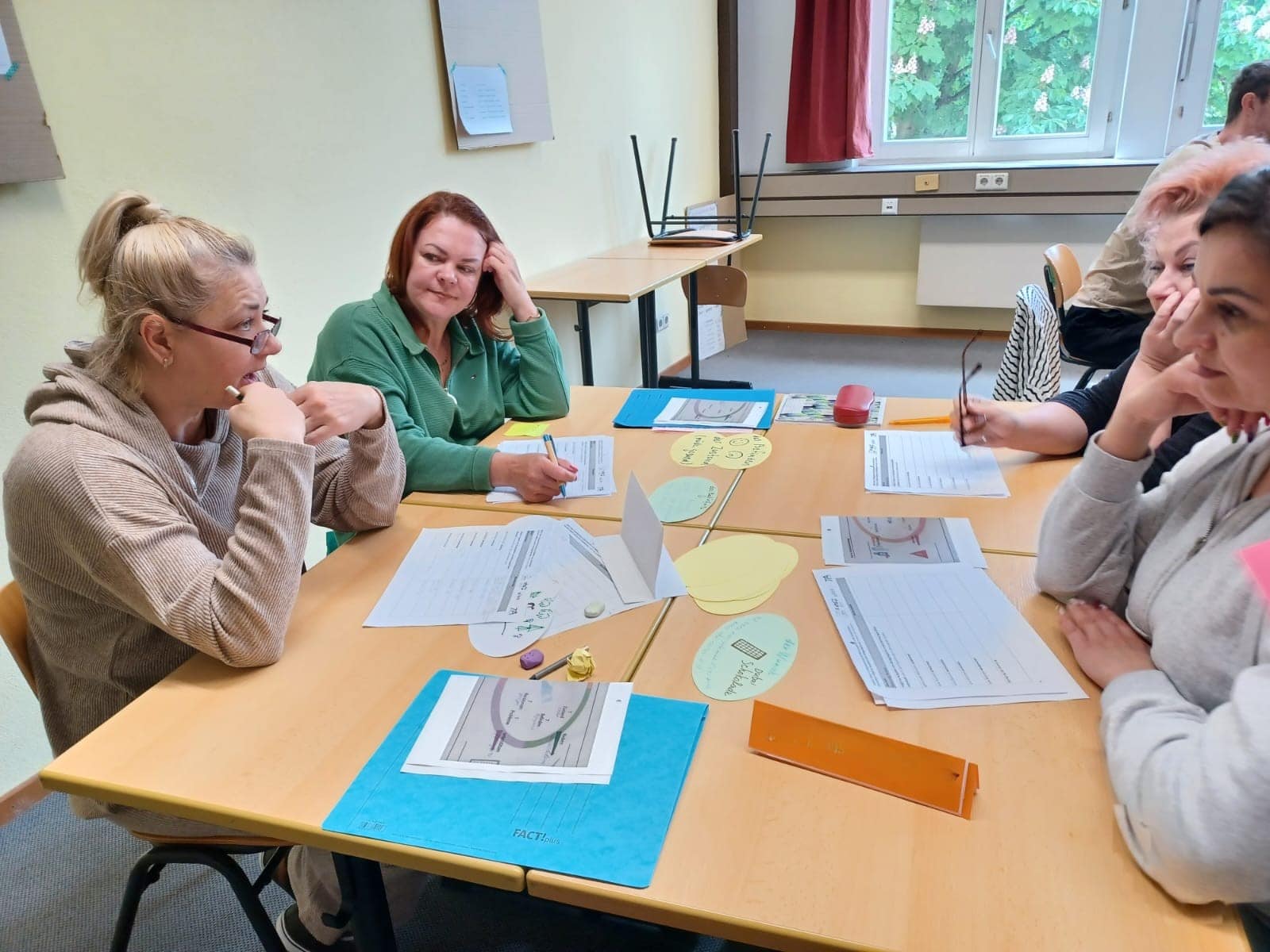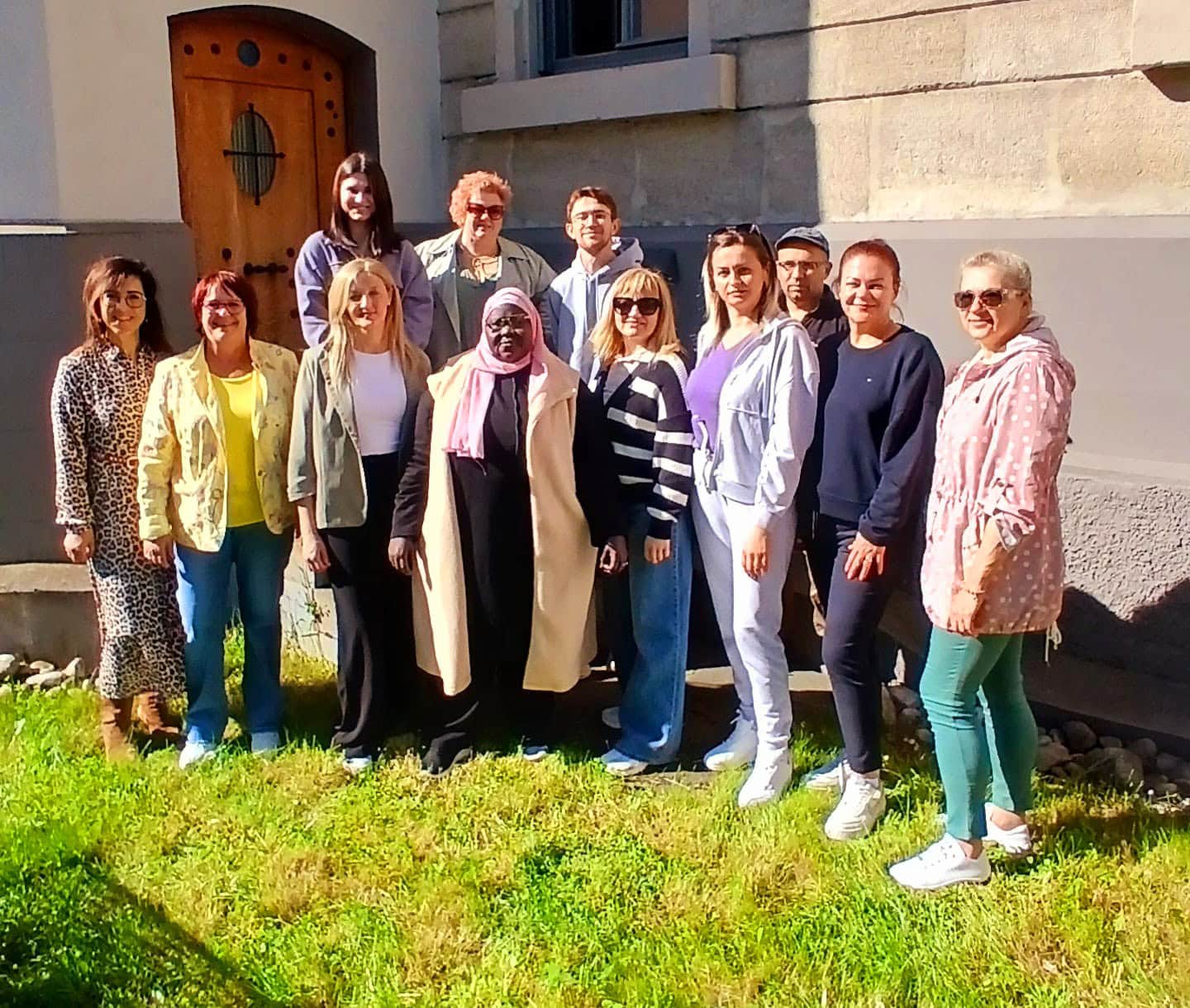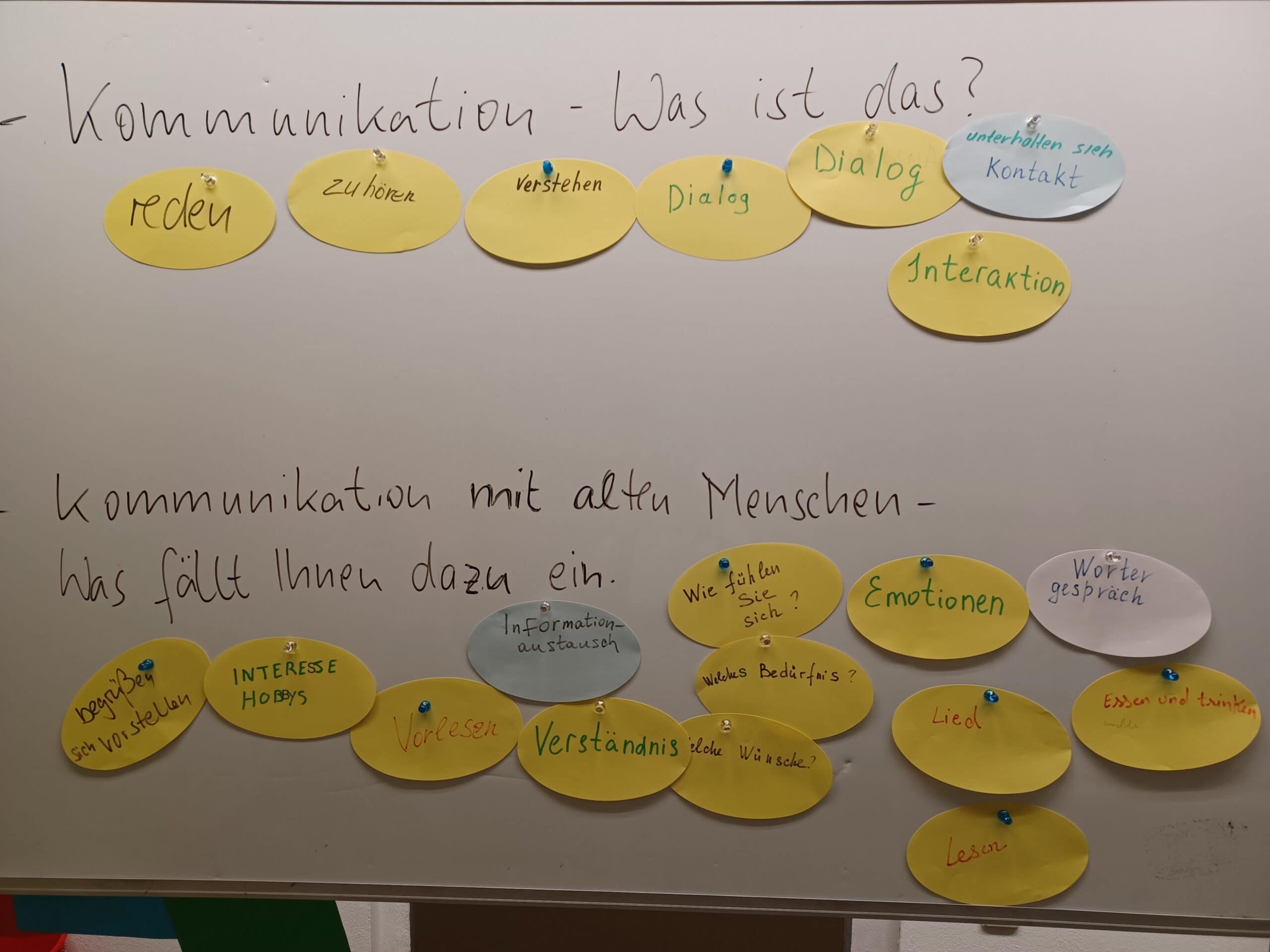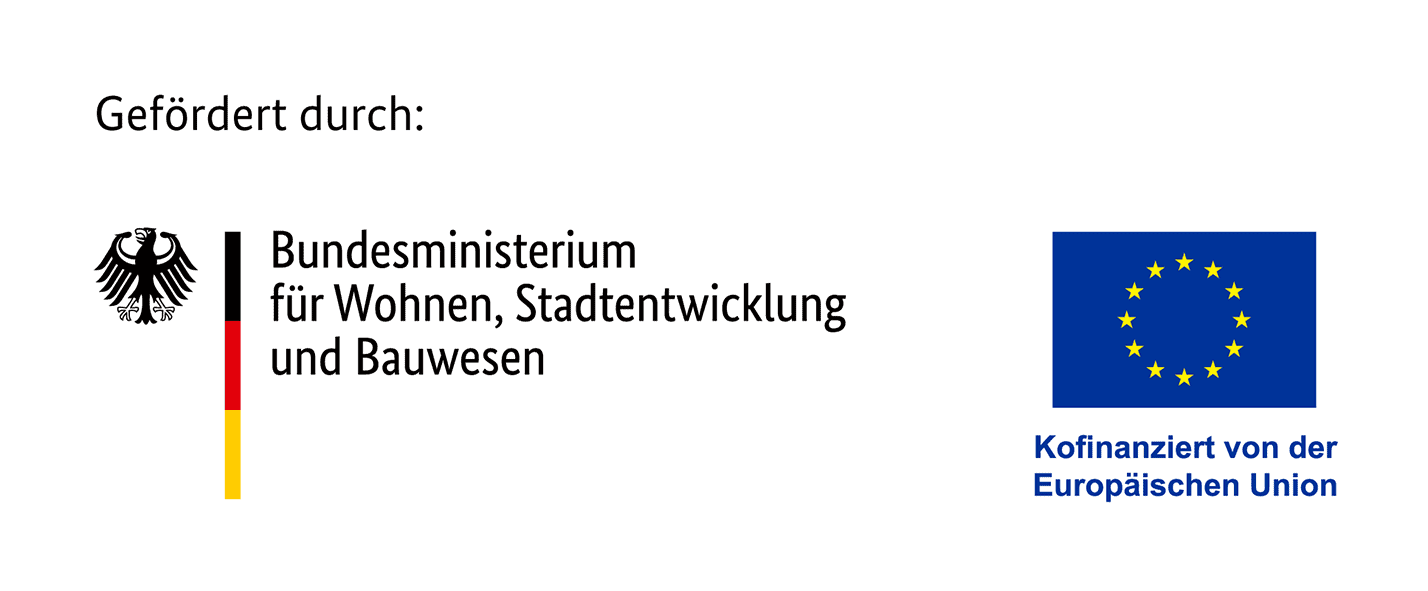Module 5: Everyday support and caregivers
For the first time, the BIWAQ V training program for household-related services Module 5 Everyday support and caregivers offered.
Carina Deutscher, a.l.s.o. Schwäbisch Gmünd, offered 14 participants a comprehensive introduction to working with older people from the end of April to the beginning of June. The aim was to give the participants an overview of the wide range of tasks involved in care and nursing so that they could expand their knowledge and acquire new skills.
The everyday support/caregiver module consisted of ten sessions: Five dates alternated between theory and practice and five dates between a German course was given by Vera Holzwarth from the Gmünd VHS. Here, the participants prepared the specialist vocabulary for each topic. The specialist theory with practice took place in training rooms at a.l.s.o., while the German course was held in the BIWAQ training room at Unipark.
Module 5 Everyday companionship and caregivers provided participants with valuable insights into this field of activity through the combination of specialist theory and practical exercises. This is also evident from the feedback. Six of the 14 participants can actually imagine accompanying elderly people in their everyday lives in the future. Five participants see this as a possible field of activity for themselves. Even though the technical vocabulary was challenging for some, everyone was very satisfied with the training. As in the previous training modules, the participants benefited from the alternation between the preparatory German course and the specialist theory with practice.
The training program for household-related services continues: Module 1 on environmental protection with Ilka Fiebig (GOA) has just taken place for the third time. Due to the high level of interest, Module 5 on everyday support and caregivers will start again after the summer vacations on 17.09.2025 under the direction of Carina Deutscher (a.l.s.o.). In order to do justice to the extensive topics, this time the module will run over a longer period (10 weeks).
On Monday mornings, there are lessons in technical theory with practice. All modules have an accompanying German course on Wednesday mornings, in which Vera Holzwarth prepares the technical vocabulary with the participants.
17.07.2025
Vera Holzwarth
